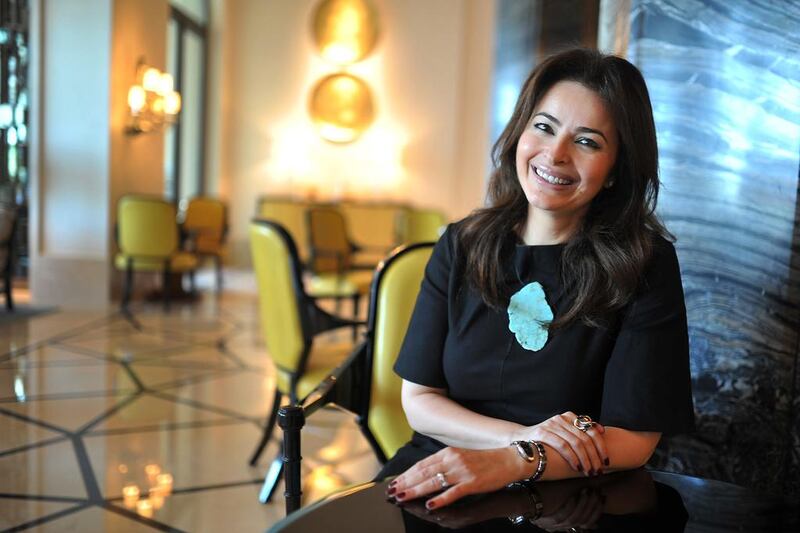Benjamin Franklin once declared that knowledge always pays the best interest. This seems to be the case, with some of the world’s best-known organisations now investing in Knowledge Management, or KM, as it is known among its practitioners, reaping substantial financial rewards.
KM is about creating and managing the processes to get the right knowledge to the right people at the right time and help people share and act on information to improve organisational performance. That is according to Carla O’Dell, chief executive of the non-profit organisation APQC, a global leader in KM research.
To simplify it further, the concept is about capturing the information and knowledge in people’s heads and sharing it with everyone in a company.
Originating in western countries, primarily the US, in recent years the concept has gathered interest from Asia and the Middle East.
Which is why APQC is now bringing the KM roadshow to Dubai in an effort to tackle a growing market and encourage – particularly larger – organisations to consider this approach to structuring and streamlining information handling and sharing.
High-calibre speakers from organisations such as Microsoft and Nasa are booked for this week’s APQC Mena Knowledge Management Conference, with the aim to help UAE attendees understand what KM is and why they should invest in it.
“There is a growing realisation by leading organisations in the Middle East of the real value knowledge management provides,” says Ms O’Dell of the event, set to be held at the Ritz-Carlton DIFC.
Laila Marouf, a professor at Kuwait University, will be speaking at the conference and was the driving force behind bringing it to the UAE.
“I believe Dubai attracts investment because it fosters an environment of knowledge creation and sharing. It’s our mission to share our own knowledge on this subject, which may help the region accelerate its growth,” says Ms Marouf, also the author of more than 30 research papers on information and knowledge management.
An example of KM in action is the case of El Paso Corporation – a 5,000-employee North American provider of natural gas and related products. To maximise the benefits of a new organisational structure and encourage communication, El Paso decided to try a KM programme focused on business opportunities and challenges.
Its aim was to foster expertise within the workforce and share technical knowledge with a scorecard used to measure and report on the programme. Its elements included: savings, improvements, successes, costs and milestones. In the first year, the goal was to save the organisation US$500,000, but it delivered $1.2 million in savings.
Abdul Jaleel Tharayil is project leader of Knowledge Management Practice for Kuwait Oil Company (KOC), where he joined in 2008 to put together a KM framework.
In his position, Mr Tharayil firstly provided a KM platform to showcase pockets of excellence within the company. This practice was documented, and later transformed to become the Best Practice Knowledge Sharing Process.
Secondly, in keeping with the Diwaniya culture (a Kuwaiti reception area where a man receives his business colleagues and male guests), he introduced a conversation platform called Tuesday Talks.
“A recent best-practice transfer between KOC and other k-Companies in Kuwait, where technology and know-how have been transferred between companies resulted in savings of several million Kuwaiti dinars,” he says. “Another example is an internal collaboration between deep drilling and development drilling, which brought forth a reduction in non-production time by introducing a change in casing design, leading to savings of around 250,000 dinars [Dh3 million].”
Jean-Claude Monney, Global KM lead at Microsoft, says the practice is central to the organisation’s overall business strategy and has been since 2005, when it was introduced to scale the company’s collective knowledge. Its use recently contributed to the company achieving a goal to pass 6 per cent of intellectual property reuse in projects delivery.
“Productivity, in particular benefits from our knowledge management, when we can reduce time, while increasing predictability and quality in customer projects,” says Mr Monney.
Ms Marouf says organisations should embrace the concept. “The more knowledge flows, the safer, more abundant and more satisfying life becomes for all of us,” he says.
business@thenational.ae
Follow The National's Business section on Twitter





